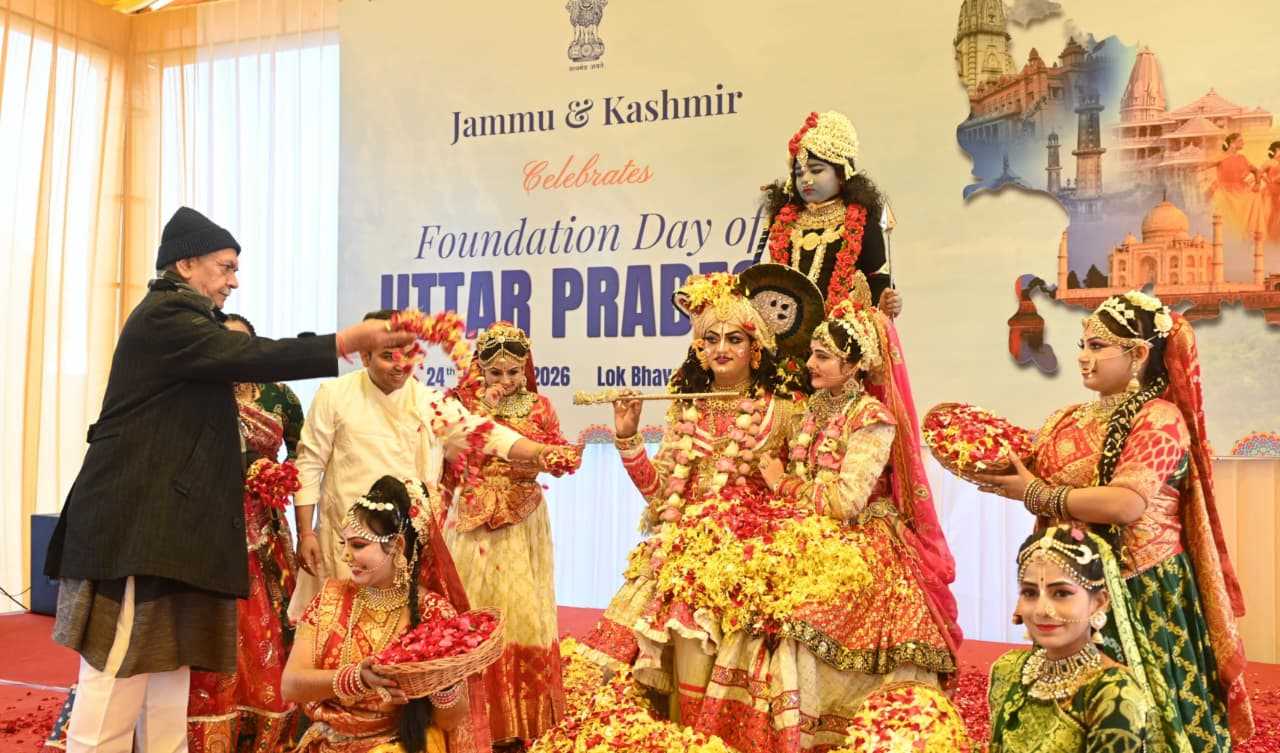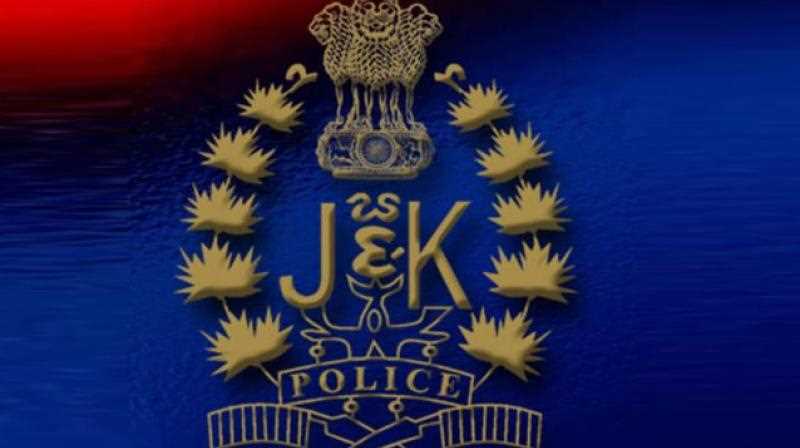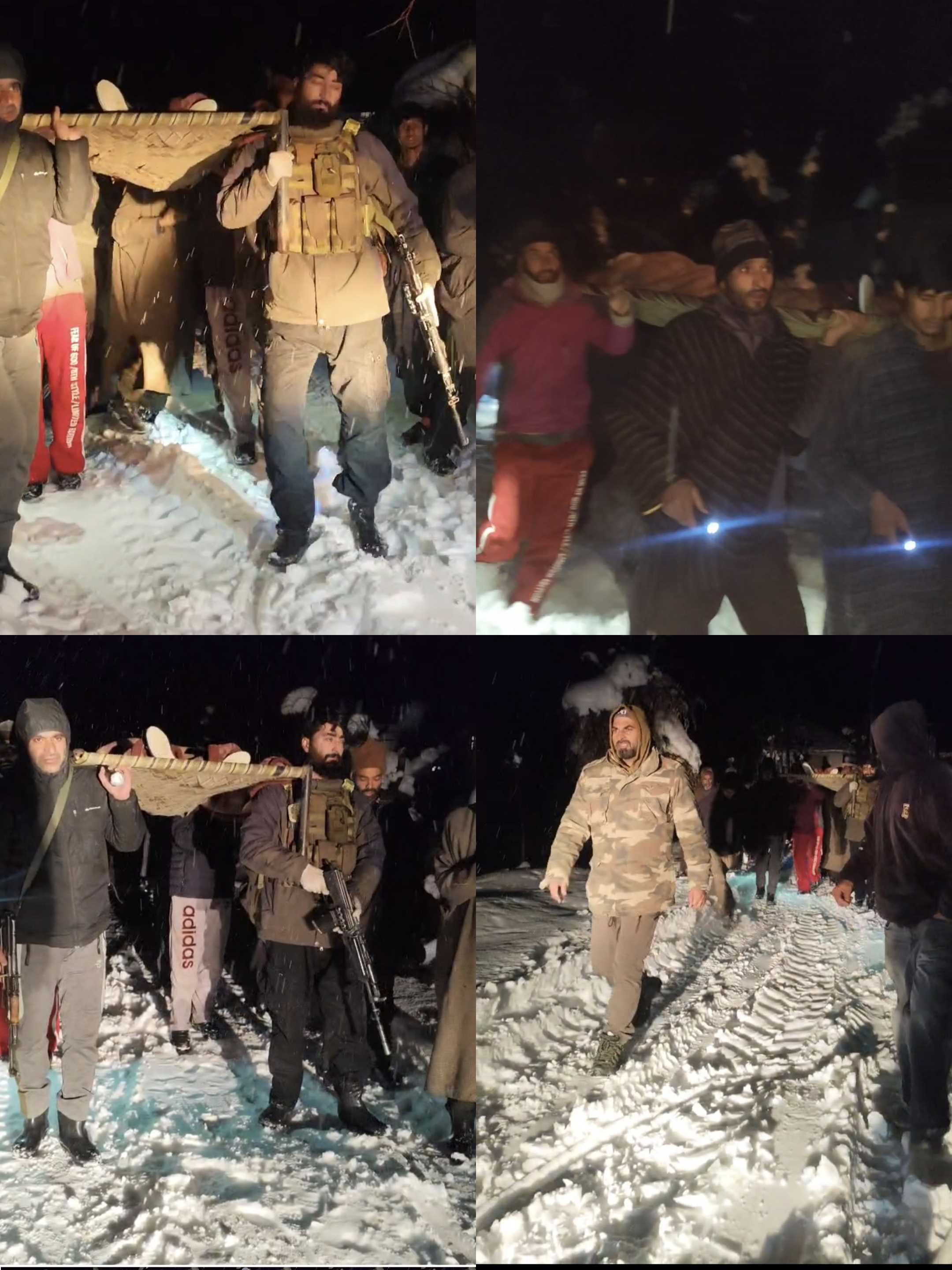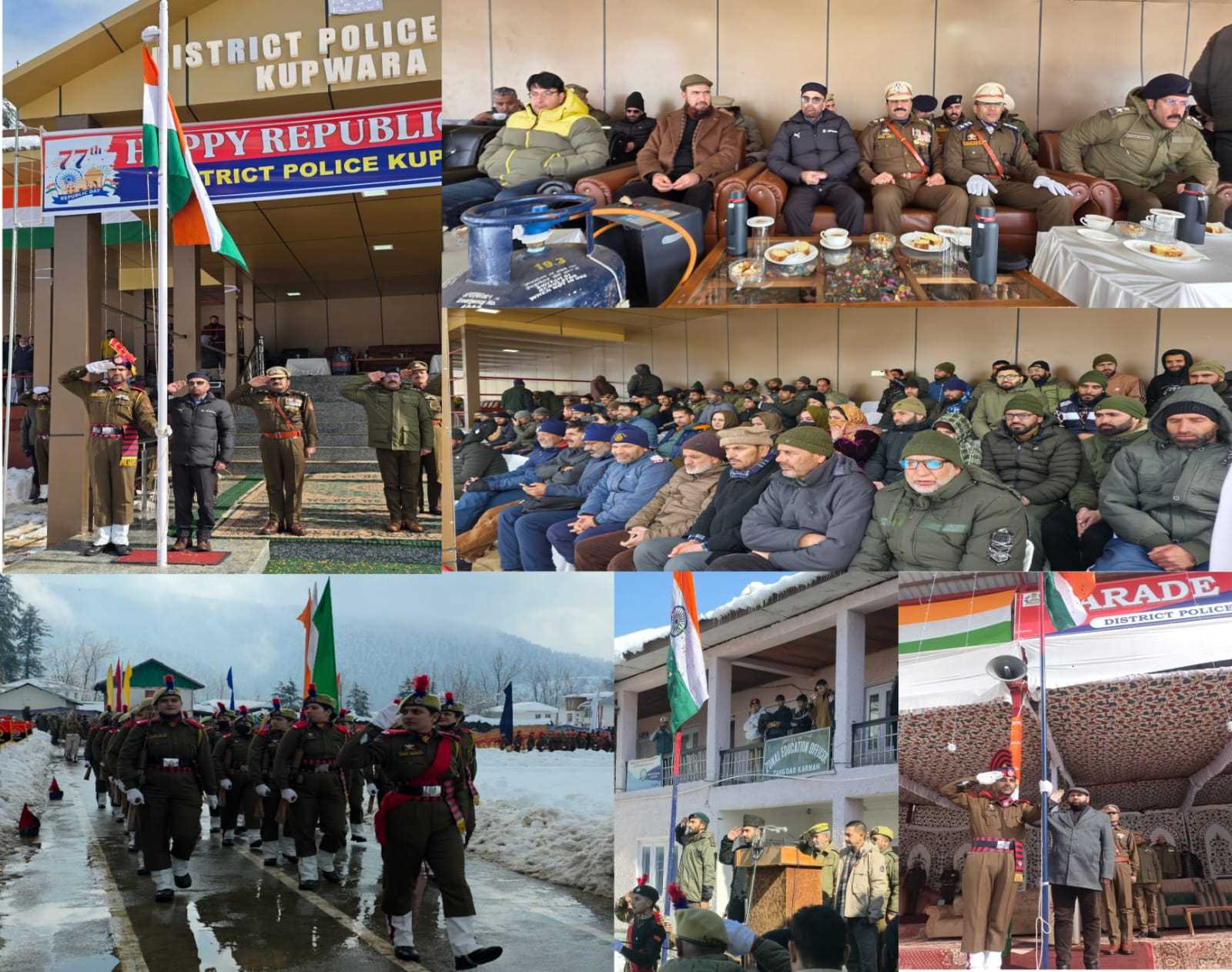The recent incident in Delhi, which claimed nine innocent lives, is not just a tragic event—it is a brutal attack on the very essence of humanity. Such acts of violence shake the moral fabric of society, leaving citizens grappling with fear, grief, and a sense of helplessness. While news reports detail the horror, it is imperative to reflect on the broader implications for society and the urgent need for collective introspection. Violence, in any form, is a failure of empathy and reason. Each life lost in such attacks represents not just a personal tragedy for families, but a blow to the social contract that binds communities together. The victims were individuals with dreams, responsibilities, and aspirations, abruptly torn away from their loved ones. In their memory, society must reaffirm its commitment to peace, justice, and compassion. Delhi, as the capital, carries a symbolic weight. Incidents like this cast a shadow not only on law enforcement but also on civic resilience and societal harmony. While authorities must ensure swift investigation and justice, it is equally crucial for citizens to resist panic and suspicion. Social cohesion and public trust cannot be rebuilt solely through policing—they require community engagement, awareness, and vigilance against forces that seek to exploit fear.Early intervention, intelligence-sharing, and strengthening civic safety mechanisms are essential to prevent recurrence. Schools, workplaces, and public spaces must be safeguarded with proactive planning, while urban infrastructure must consider the safety of every citizen. A society that values human life cannot compromise on security, whether through policy gaps or lax enforcement. Finally, the moral response to tragedy lies in unity. Beyond outrage and grief, communities must channel their energy into compassion and support for victims’ families, and into nurturing an environment where hatred and violence find no foothold. Each act of solidarity reaffirms that humanity is stronger than terror. The Delhi attack is a stark reminder that the protection of life and dignity is a collective responsibility. While grief is inevitable, it must catalyze action—through strengthened safety measures, community vigilance, and renewed empathy. Humanity is measured not by the absence of violence, but by the courage, compassion, and solidarity we display in the face of it.







